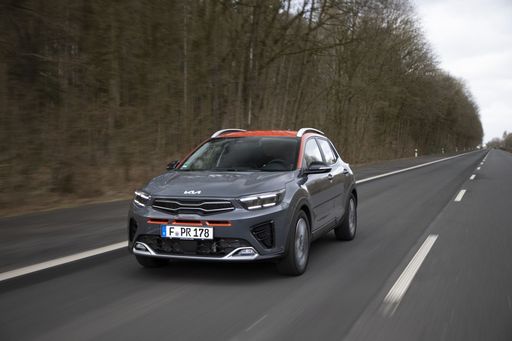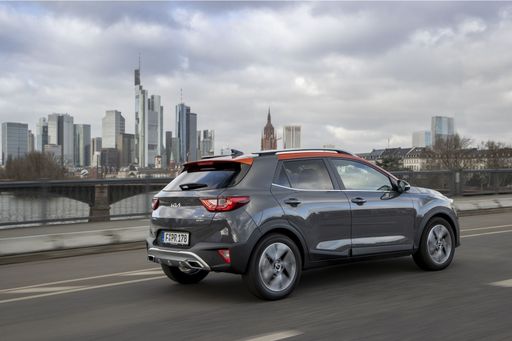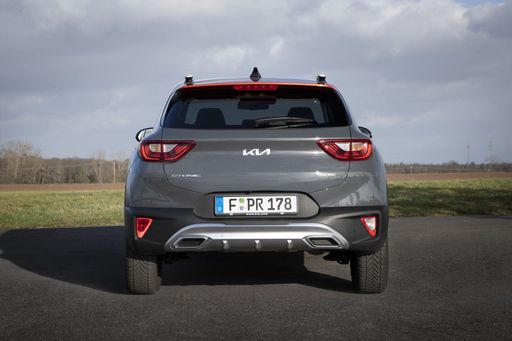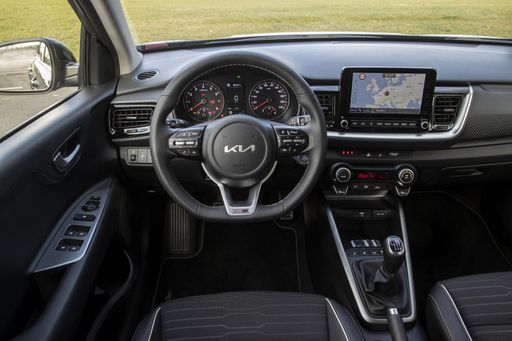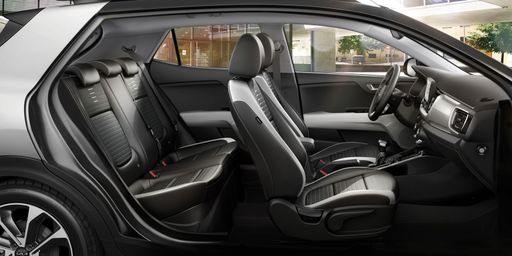Introduction: Compact SUVs on the Rise
The automotive market has seen an increased demand for compact SUVs, and two players that have captured attention are the Kia Stonic and the Toyota Yaris Cross. Each vehicle offers unique attributes that appeal to urban drivers and outdoor adventurers alike. This article delves into the technical aspects and innovations of both models to help you understand which may be the better fit for your lifestyle.


